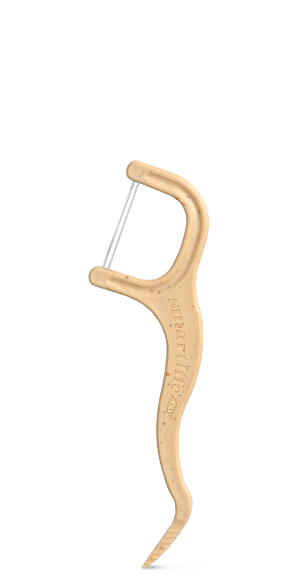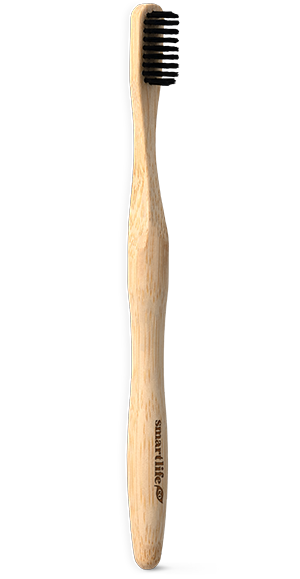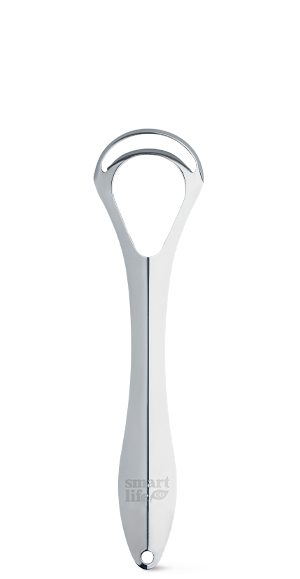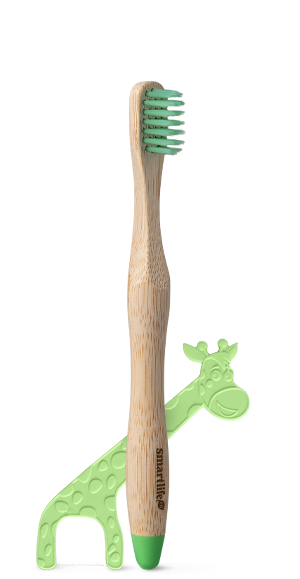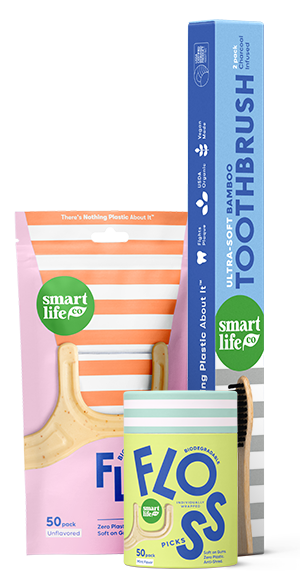Eco-friendly industries are always looking for new materials to use in their products. Natural materials are excellent but often cause problems with sustainability. Synthetic materials get a bad rap, but the relatively new nylon-4 offers a synthetic material that breaks down in a couple of months if left in the ocean.
What is Nylon-4?
Nylon-4 is a newer synthetic fibre. It is a petroleum-based material. Although petroleum sounds bad, bear with us because it's highly biodegradable. In and out of lab settings, it biodegrades within a couple of months when exposed to compost or activated sludge.
Nylon-4 is most commonly in use with sustainable toothbrushes, like bamboo toothbrushes or floss threads. However, the potential applications for the material are widespread because of their biodegradable nature.
The Difference Between Nylon and Nylon-4
The first thing we need to get out of the way is that there are many kinds of Nylons. So when we ask, "Is Nylon eco-friendly?" it's important to know that it is a family name, with a variety of baby Nylons under it. They all have different properties, chemical makeups, and environmental effects. For instance, Nylon 11 and 12 have use in powder coatings for coating metals. Nylon 6 and 66 fibers are also in use with carpet manufacturing.
Nylon-4 has been a popular option for eco-friendly companies for as long as it has been around. This is because of its exciting biodegradable capacity, as explored in a 2013 study. Scientists studied how long it took nylon-4 to break down in the seawater of Tokyo Bay, finding that it seemed to be breaking down entirely. These results (like most scientific results) are still under scrutiny, as we always need more research to confirm things beyond a doubt.
However, nylon as a group has been taking 30-40 years to biodegrade from findings. In contrast to the mere months nylon-4 takes according to reports, nylon-4 seems much more eco-friendly. This is partly due to its different chemical makeup, making it much faster to break down.
Is It Eco-Friendly?
Its biodegradability makes nylon-4 much more eco-friendly than the rest of the Nylon family. In addition, Biodegrading in the ocean in mere months makes it a much more attractive filament for things like toothbrushes or dental floss.
Buying Nylon-4 Products
A common hazard when buying toothbrushes with nylon-4 in them is the problem of manufacturers claiming they use the material when they don’t. This may sometimes be malicious, wherein some companies claim the materials they sell are nylon-4 when they are simply plain old nylon. Others buy what they believe to be nylon-4 from these retailers, only to find out later that it’s just nylon.
Can It Be Recycled?
Definitely! In fact, all nylons are considered to be highly recyclable because of their durability and elasticity, making them fantastic plastic to use. You can recycle them infinitely. Also, if for some reason they don't make their way to a recycling plant, they break down quickly in the ocean.
Why Use Nylon-4?
Plastic pollution in the oceans is the cause of an estimated 100,000 marine mammal deaths yearly. Also, 65% of all marine mammal species have been eating or have got entangled in plastic according to reports. Using nylon-4, which can biodegrade very quickly in more substances, will help reduce those drastic numbers.
Should You Buy Nylon-4 Products?
These products are more sustainable than other synthetic materials. This is because they are much more environmentally friendly despite their synthetic nature. Breaking down in a matter of months means that even if materials don't receive proper recycling, they will disappear from the oceans in a matter of months.
For example, buying a toothbrush or dental floss product made using nylon-4 is a quick and easy way to eliminate a few more pieces of plastic from the ocean. And we ensure all our toothbrushes and floss picks are made from this material, as we're always trying to be as eco-friendly as possible.
